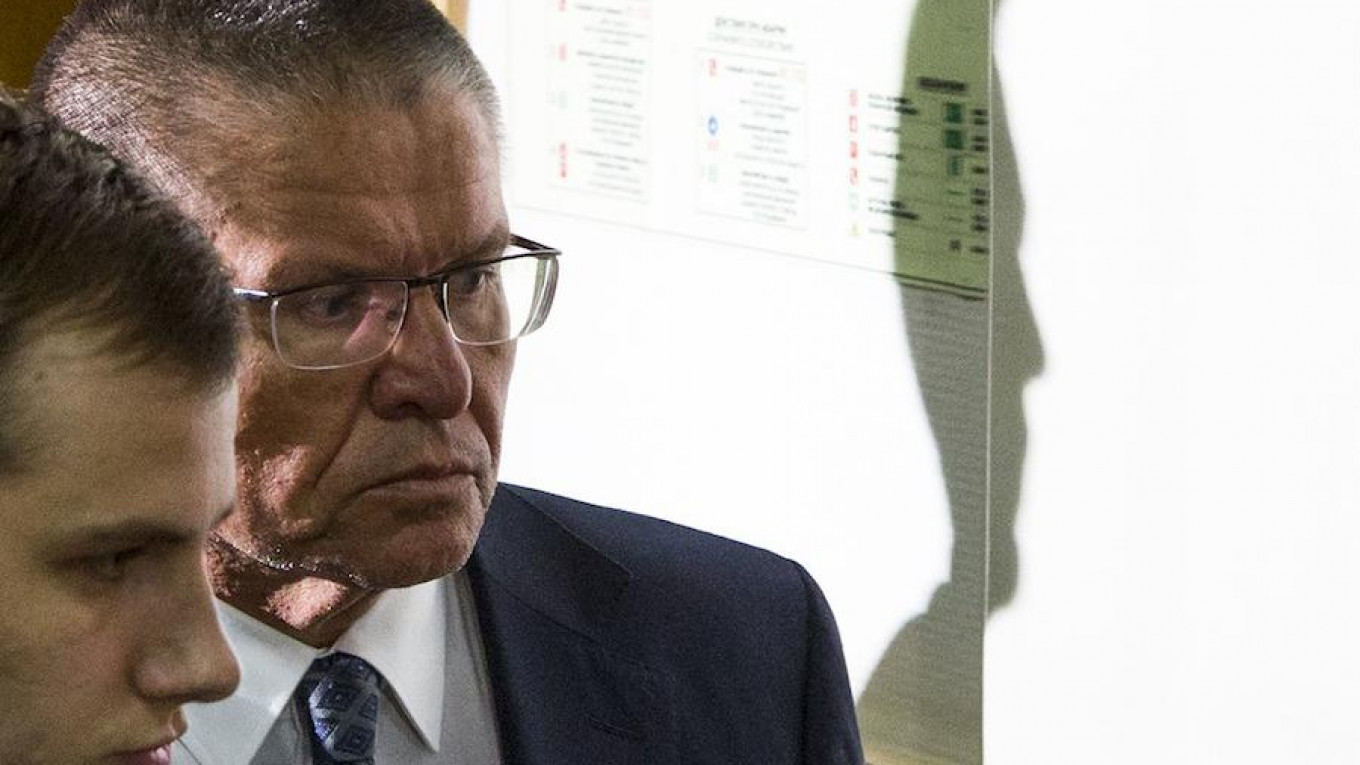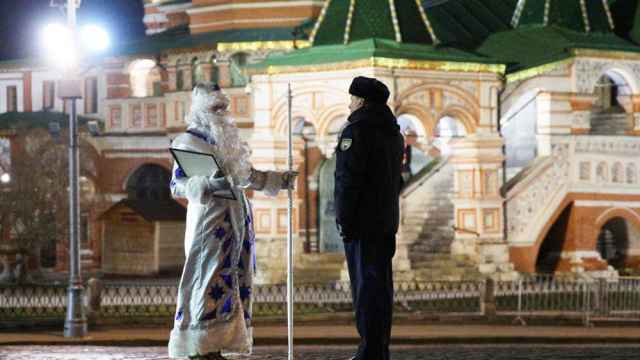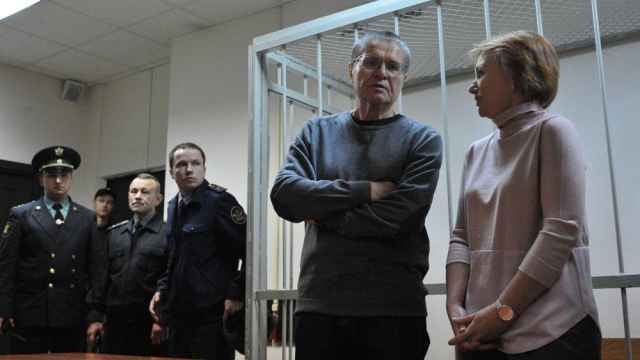Former Economy Minister Alexei Ulyukayev had argued for relinquishing state control of Russia's flagship oil company Rosneft before his arrest earlier this month, the Reuters news agency reported Tuesday.
Ulyukayev allegedly suggested that the state could decrease its share to less than 50 percent to contacts in the government, two unnamed sources told the agency.
The loyalty of fear: Read our in-depth coverage of Ulyukayev's arrest.
State-owned holding company Rosneftegaz currently holds a 69.5 percent stake in Rosneft. According to the Kremlin's privatization plan, Rosneftegaz is expected to sell a 19.5 percent share in the company next year, decreasing its stake to 50 percent. Ulyukayev's reported plan would have further reduced the government's role in the company.
Ulyukayev was arrested on Nov. 15 for allegedly extorting a $2 million bribe from Rosneft in return for approving its plans to purchase the Bashneft oil company. The purchase was eventually carried out in October. Ulyukayev has denied all charges.
A very public privatization: How state-controlled Rosneft "privatized" state-owned Bashneft.
A Message from The Moscow Times:
Dear readers,
We are facing unprecedented challenges. Russia's Prosecutor General's Office has designated The Moscow Times as an "undesirable" organization, criminalizing our work and putting our staff at risk of prosecution. This follows our earlier unjust labeling as a "foreign agent."
These actions are direct attempts to silence independent journalism in Russia. The authorities claim our work "discredits the decisions of the Russian leadership." We see things differently: we strive to provide accurate, unbiased reporting on Russia.
We, the journalists of The Moscow Times, refuse to be silenced. But to continue our work, we need your help.
Your support, no matter how small, makes a world of difference. If you can, please support us monthly starting from just $2. It's quick to set up, and every contribution makes a significant impact.
By supporting The Moscow Times, you're defending open, independent journalism in the face of repression. Thank you for standing with us.
Remind me later.






